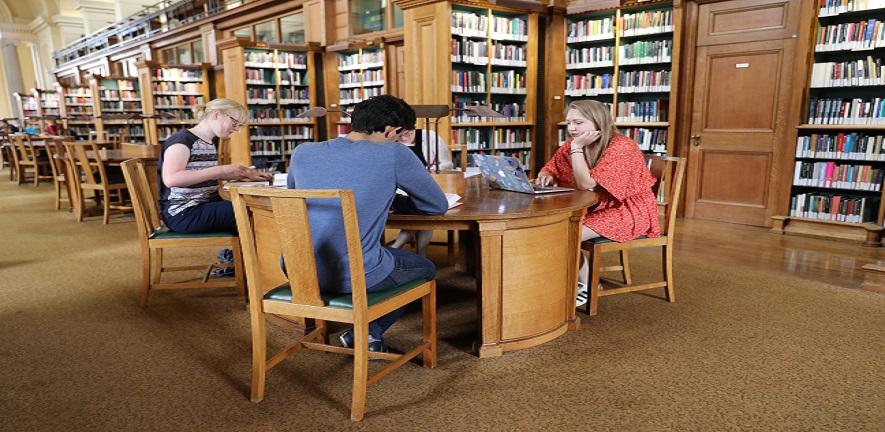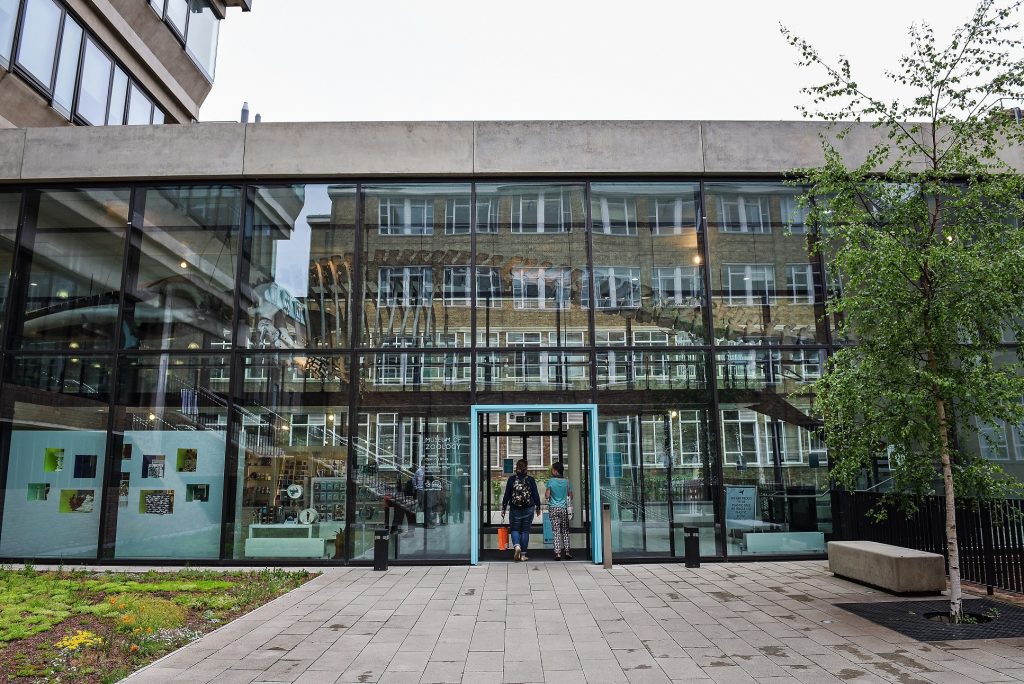📖Program Curriculum
Course Outline
You are taught primarily through lectures, which are supported by projects, laboratory classes, supervisions and coursework.
In a typical week students attend 10 lectures and have two supervisions. In the first two years there is significant laboratory work, while the amount of project work increases each year.
Assessment is by a combination of written examinations and coursework. In the light of the course’s new structure for 2023 entry, please visit the Department website for more details.
Year 1 (Part IA)
You study:
Compulsory papers in chemical engineering, introducing the discipline, sustainability and product design.
Cell biology as the fundamental science behind biotechnology.
Chemistry from Part IA of the Natural Sciences Tripos.
Mathematics from Part IA of the Natural Sciences Tripos.
You also undertake workshop activity for chemical engineering and biotechnology, and do the Chemistry practical laboratory class of Part IA of the Natural Sciences Tripos.
Year 2 (Part IB)
You study:
Compulsory papers in chemical engineering such as thermodynamics, fluid mechanics, separation technology and reaction engineering.
Compulsory paper in biotechnology which includes gene editing, cell production at scale, bioprocessing and biological characterisation techniques.
You also take laboratory classes relating to chemical engineering and biotechnology, undertake assessed exercises, and have classes in computing skills.
Year 3 (Part II)
You study:
Compulsory papers in chemical engineering that deepen knowledge of earlier topics.
Compulsory papers in chemical engineering that relate to process design.
Compulsory paper in biotechnology – including applications of biotechnology for agriculture, healthcare and energy.
You also undertake assessed exercises.
You undertake a full-time group project in the third term to design a plant making a particular chemical or biological product. You consider all aspects of engineering design (including specification of equipment and control procedures), safety, environmental impact and economic assessment. This design project brings together much of the taught subject matter whilst giving students the opportunity to work in a team on an open-ended problem.
Year 4 (Part III)
You study some compulsory topics; these are currently energy technology, sustainability and advanced design.
You choose further topics from a list of optional papers, which changes every year to reflect the research interests of academic staff. Past examples include pharmaceutical engineering, adsorption and nanoporous materials, fluid mechanics and the environment, interface engineering, optical microscopy, biophysics, bionanotechnology, biosensors and bioelectronics, and healthcare biotechnology.
In addition, students undertake a research project. This might involve experimental, theoretical and/or computational work. Some projects support ongoing Department research, while others are ‘blue sky’ investigations leading to new research programmes. Successful projects sometimes lead to students becoming authors of publications in scientific literature.
For further information, see the Department of Chemical Engineering and Biotechnology website.
Show less

